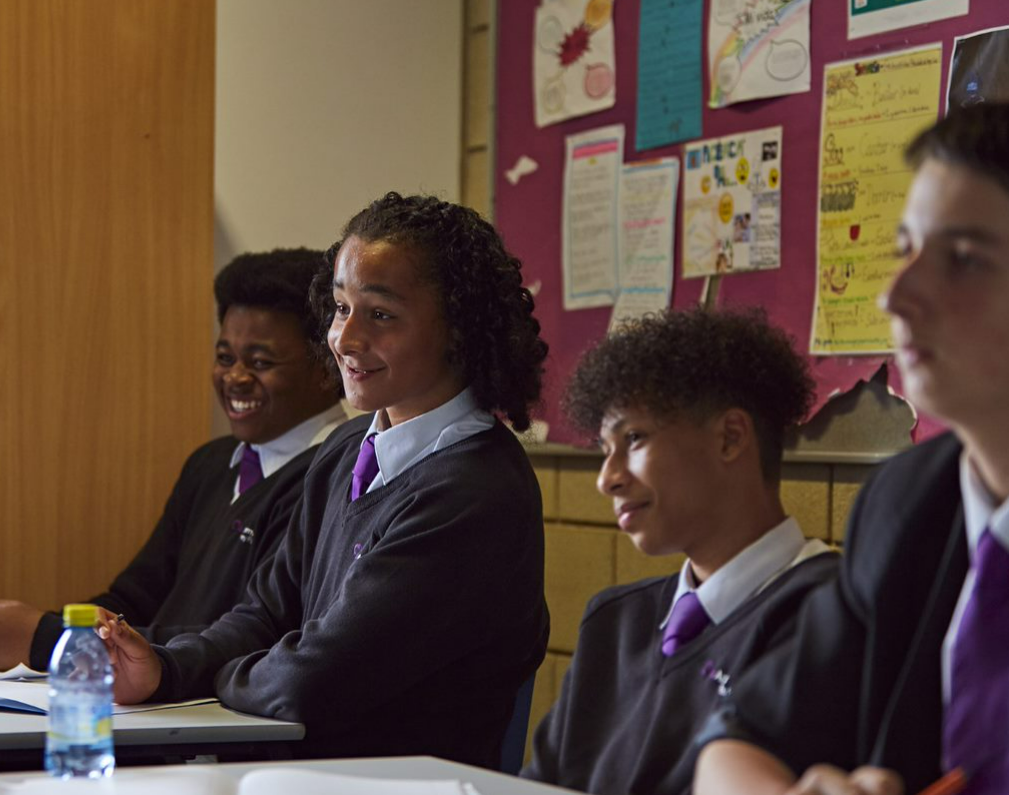The Now Teach Innovation Fund supports projects that make a measurable difference in schools - whether through pastoral care, curriculum development, careers education, or operational improvement.
As one of our Now Teach Innovation Fund winners, Jamie used his project to address a key challenge in his school: helping students move beyond basic recall to confidently speak and write like historians.
Although Jamie ultimately found that his project required very little funding, the real value of the Innovation Fund was the confidence, encouragement, and structured support it provided. Backed by Now Teach, he felt empowered to develop an idea he’d long been considering, and given the momentum to bring it to life.
Read on to discover how the project unfolded and the impact it had on pupils across the school.
The challenge
History lessons often rely heavily on written tasks, but this can create barriers for many students. Jamie wanted to explore whether combining writing with verbal skills and oracy could increase pupil engagement and deepen understanding.
Cockburn John Charles Academy is an Ofsted-rated “good” school with a high proportion of EAL and disadvantaged students. The project focused on oracy for Key Stage 3 history pupils who faced several challenges, particularly in developing written and verbal answers that would support their progress towards GCSE-level work.
Jamie’s project focused on learning and curriculum, embedding oracy to strengthen both verbal reasoning and extended writing.
"The core goal was to implement a method to significantly increase student engagement and build a sense of awe and wonder into history lessons, moving beyond basic recall."
The approach
To achieve this, Jamie and his department:
- Focused on KS3 history students as the main participants
- Introduced structured debates and role-plays to boost student participation and a genuine desire to produce detailed, high quality answers
- Taught students the verbal skills needed to plan and structure detailed, analytical answers for independent work and future GCSE assessments
The impact
The results were immediate and measurable:
- Motivation increased as students worked hard to complete their written tasks before the oracy activities
- SEN and EAL students benefitted as they found the verbal practice lowered the barrier to writing
- Quality of answers improved as students used accurate historical terminology and referenced previous topics confidently
"The most notable impact was a significant increase in student motivation, with many students actively seeking to finish their necessary written work before the scheduled oracy task."
Challenges and learnings
- Earlier and more explicit training: Implement more rigorous, up-front training for students on the specific oracy structures (e.g., how to formally agree or disagree, how to cite evidence orally)
- Formal oracy checkpoints: Introduce clear, low-stakes "Oracy Checkpoints" to formally assess verbal performance at the beginning of a unit, ensuring skills are practiced consistently and do not only appear at the end-of-unit debate
- Cross-curricular collaboration: Partner with other departments (like English or Science) to use a unified oracy rubric and terminology, reinforcing the skill across the curriculum
"The project reinforced that oracy is key not just for engaging students—by making history active and dynamic—but fundamentally for recalling information and checking understanding."
Looking ahead
Jamie plans to expand the project across the department, creating a progression framework that sets out how oracy skills should develop from Year 7 through to GCSE. He also aims to collect data to demonstrate how speaking tasks improve understanding and retention.
"I would definitely recommend applying for project funding to other Now Teachers. This funding provides the time and flexibility to develop high-quality, professional training materials and purchase specific resources."
The Innovation Fund gives our career changers the chance to lead projects that draw on their experience and make a real impact in schools.
If you’re thinking about changing career, this is the kind of support you can expect.


